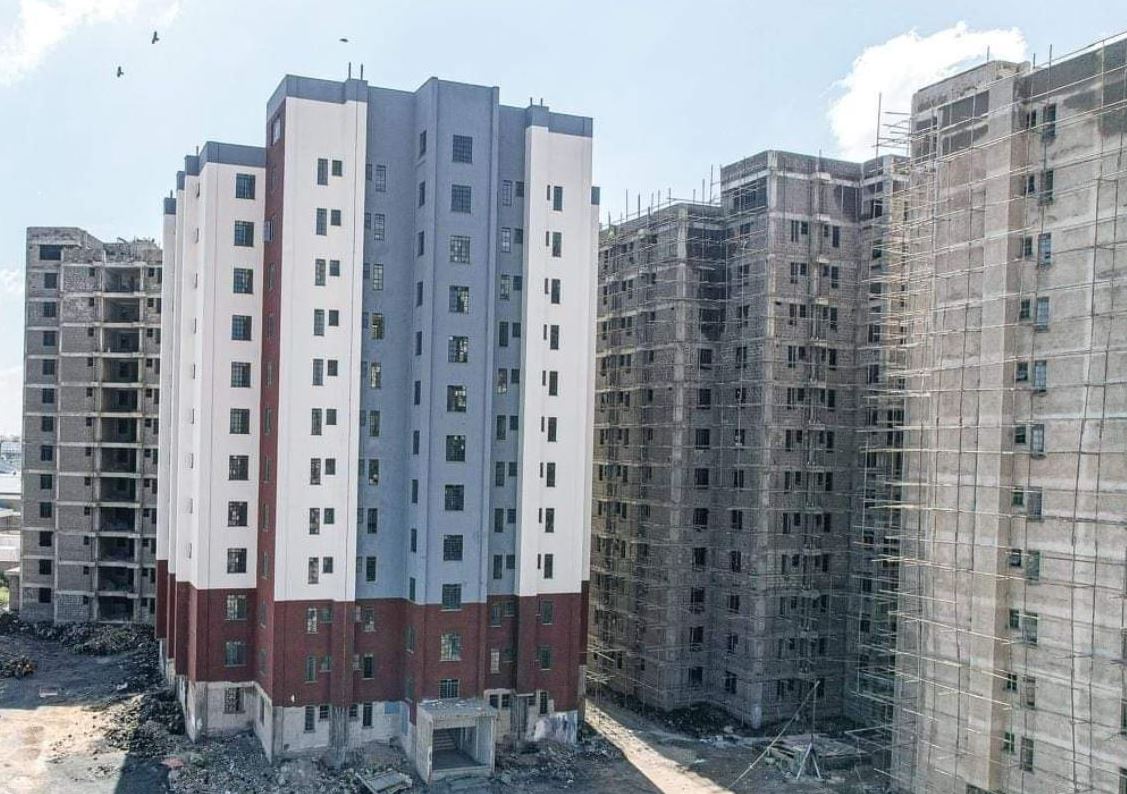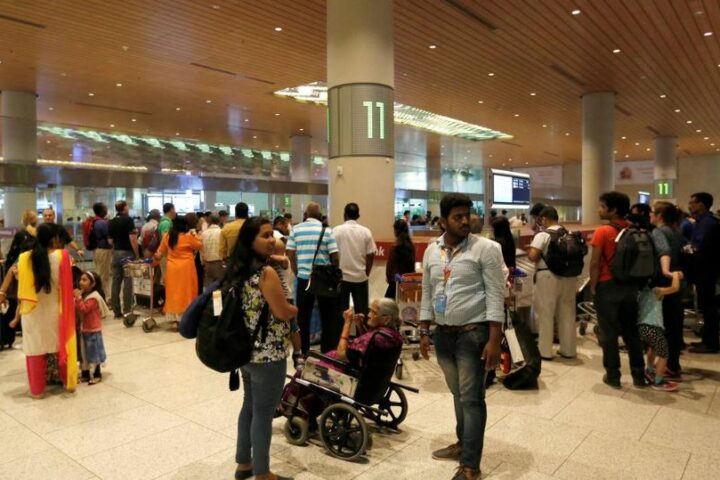 Nairobi’s urban poor may see their hopes of owning affordable houses remain out of reach, following a new report that indicates most units in the city are controlled by private developers. The Nairobi County Assembly’s Land Committee surveyed two major projects—Jevanjee and Pangani—and uncovered that the public only has access to a small portion of the available housing.
Nairobi’s urban poor may see their hopes of owning affordable houses remain out of reach, following a new report that indicates most units in the city are controlled by private developers. The Nairobi County Assembly’s Land Committee surveyed two major projects—Jevanjee and Pangani—and uncovered that the public only has access to a small portion of the available housing.
When the concept of affordable housing was introduced by the previous administration under former President Uhuru Kenyatta, it was heralded as the long-awaited solution to the city’s slum crisis.
The public sector provided incentives, including public land and project funding, in the belief that once completed, most units would be affordable and earmarked for ordinary citizens. President William Ruto’s government went further by introducing a housing levy tax to bolster public stakes in these projects, making it mandatory for salaried Kenyans to contribute.
The reality on the ground, however, tells a starkly different story. In Pangani, which has 1,562 units, only 333 belong to the public through the county. The rest are owned by the private developer. The breakdown shows that of the 128 one-bedroom units—originally all county-owned—every single one has already been sold.
There were 248 two-bedroom units, and except for two belonging to the county, all were developer-owned; 32 of these have also been sold. Out of 576 three-bedroom units, 373 belong to the private developer, leaving 203 to the county.
Jevanjee estate paints a similar picture. Out of 1,830 total units, only a handful are reserved for the county. Of 180 one-bedroom units, five belong to the county; all are now sold. The remaining 175 are in private hands and also sold out.
With 718 two-bedroom units, the developer owns the majority, leaving 133 to the county; all of these have also been sold. Among 318 three-bedroom units, the county retains 58, and likewise, they have all been snapped up.
These findings, according to the Land Committee report, cast doubt on whether ordinary Nairobi residents will ever realize the dream of home ownership through such developments. The document also delves into the reasons behind project completion delays.
It cites COVID-19 restrictions, flooding incidents, political unrest in the city, the Russia-Ukraine war—which impacted supply chains—and currency fluctuations as principal factors.
“With regards to the current status of the project and the expected date of completion as per the contract, the committee was informed that the Jevanjee estate is at 46 per cent completion and it is expected that project is completed by September 2026,” it reads. In the same estate, affordable housing units should be ready by December 2025, while the market-rate units are slated for September 2025.
The report notes that, “This to a great extent affected the programme for delivery of the project since targets could not be achieved as per plan,” pointing to how COVID-19 measures curtailed man-hours and disrupted the supply of materials.
Another significant issue is that the title deeds for these estates are not clearly accounted for. In Jevanjee, the land (LR. No 209/5458) was transferred to Nairobi Bachelors Jevanjee Estate Limited—a special purpose vehicle created to implement the project—under a lease.
For Pangani, however, the committee could not establish the location of the title deed. “The county executive reported that the whereabouts of the custody of the Pangani title deed was unknown as at the time of the meeting,” the document states.
As these revelations emerge, the hope that Nairobi’s underprivileged populations will benefit from an affordable housing revolution seems to be steadily waning.
While billions in public funds and incentives have poured into such projects, the majority of units now appear firmly in the hands of private investors—leaving many aspiring homeowners on the outside looking in.








